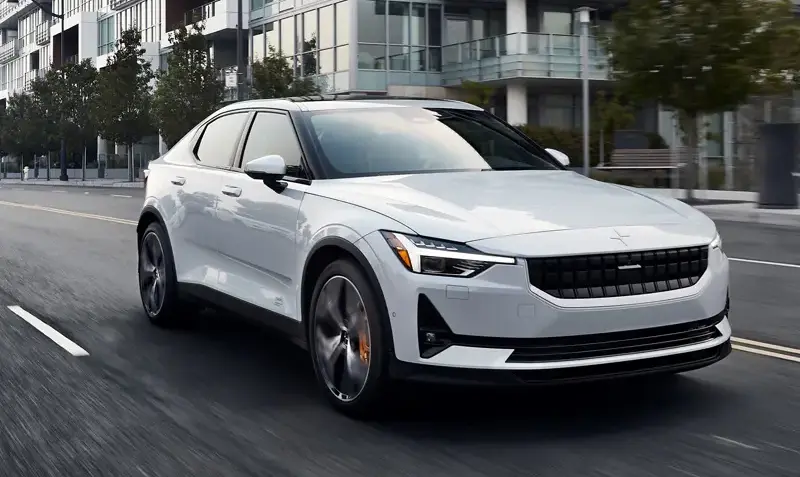EV Glossary
Understanding the world of electric cars is not that difficult, but people do get put off by the jargon and various acronyms that exist. So here we have put a list together which hopefully makes it all much clearer, and also explains that many of them are either exactly what you expect them to be or a different way of saying the same thing.

AC – Alternating current – An electric current that reverses in direction and is used in slow and fast charging (Levels 1 and 2)
Alternative Fuels – A general term for a vehicle that runs on anything other than petrol or diesel. While this usually refers to 100% electric vehicles or hybrid vehicles, it can also refer to vehicles which use an electric motor powered by a hydrogen fuel cell.
BEV – Battery Electric Vehicle – A vehicle that is powered solely by a battery that is charged via mains electricity.
EV – Electric Vehicle – Usually a shortened version of the BEV term, but can also be used as a catch-all reference to all alternative fuel vehicles, such as BEVs, PHEVs, HEVs and RExs.
EVSE – Electric Vehicle Supply Equipment – A safety protocol which effectively enables a two-way communication to control the safe current flow between a charger and an electric vehicle.
Fast charging – Also known as Level 2 charging, this is AC current which supplies a charge between 7kW and 22kW and can be done at home with a dedicated home charger wallbox and via public charging.
HEV – Hybrid electric vehicle – A catch-all term which refers to hybrid vehicles of all types, the main ones being plug-in hybrids and full hybrids. A full hybrid has a small electric motor which is powered by regenerative braking but is only capable of powering the motor for small journeys, and the vehicle mainly runs on petrol.
ICE – Internal Combustion Engine – A modern way to describe the traditional engine that powers petrol and diesel vehicles.
kW – kilowatts – A unit of energy equivalent to a thousand watts and which is used to measure the amount of charge an EV charger can produce.
kWh – kilowatt hours – A unit of energy which measures the energy transferred or expended in one hour by one kW of power. This is used to measure the battery size of an electric vehicle.
MPG – Miles per gallon – The traditional measure of how efficient a petrol or diesel vehicle is.
PHEV – Plug-In Hybrid Vehicle – The term used to reference a hybrid vehicle which combines an electric motor powered by a plug-in wall charger and cable and a traditional petrol or diesel engine.
Range – The term used to measure the miles of driving it is possible to achieve from a full battery charge of a particular model of electric vehicle.
Rapid charging – Also known as Level 3 charging, this is DC current used to charge an electric vehicle very quickly, but is only available in some public places, such as motorway services and dedicated charging hubs. The charge available is from 43kW upwards, usually to around 150kW, but up to 350kW is possible.
Regenerative braking – An energy recovery system which uses kinetic energy to transfer the power used to slow a vehicle down and convert it into power to charge an electric motor. This is used in hybrid vehicles.
REx – Range extender – A type of hybrid electric vehicle which has a small petrol generator to charge the battery when power is depleted on longer trips.
Slow charging – Also known as Level 1 charging, this is AC current used at home where an EV user can charge their car via the mains socket and achieve a 3kW charge.
Tethered charger – A type of charging unit that is supplied with the charging cable permanently attached, and which can’t be exchanged for a different cable.
Type 1 plug – A single phase charging cable which can charge up to 7.4kW
Type 2 plug – A triple phase charging cable which can accommodate slow, fast and rapid charging.
ULEV – Ultra-Low Emission Vehicle – A catch-all term which refers to 100% electric vehicles, which have no CO2 emissions, and hybrid vehicles, which have CO2 emissions less than 75g/km.
Untethered cable – A type of charging unit that is supplied without a charging cable, and where the user can carry and store their own cable and allow other users to attach their own cables, thus providing more flexibility.




























